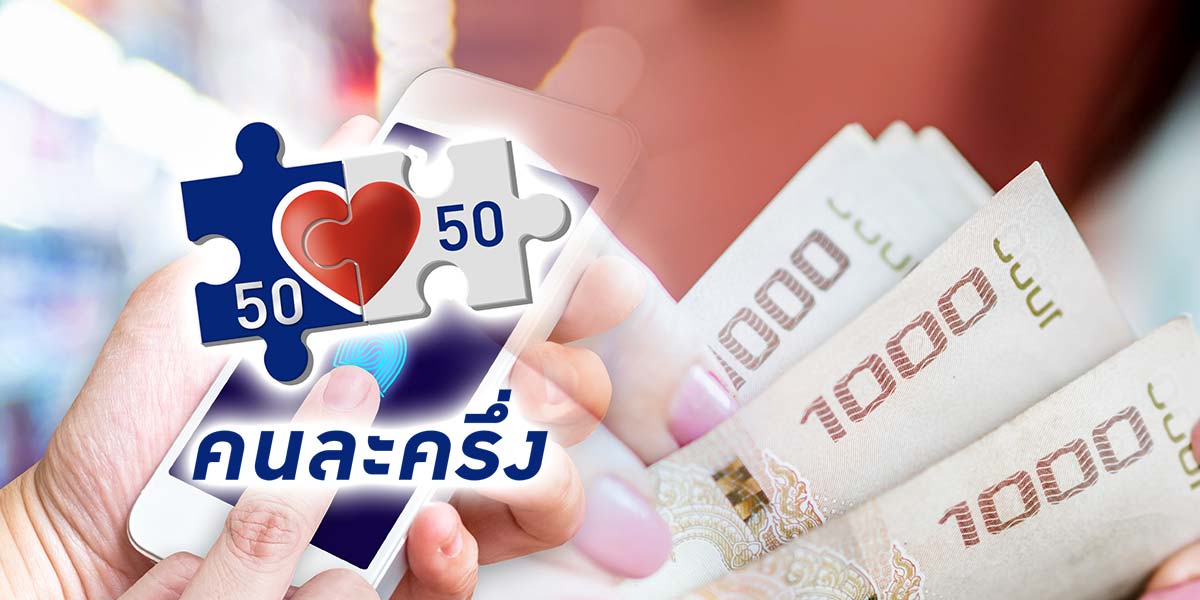Paradon Prissanananthakul, Minister Attached to the Prime Minister’s Office overseeing the Bureau of the Budget, revealed details on the “Khon La Khrueng Plus” project (co-payment project) during the “Inside Thailand” program this morning. The project is divided into three main target groups:
- Holders of state welfare cards, totaling 13 million people, will receive an additional one-time payment of 1,700 baht, on top of the existing 300 baht benefit, without the need for re-registration. The funding for this comes from the 2025 budget, totaling 22 billion baht, disbursed via the “State Welfare Fund” to directly support low-income earners.
- 11 million taxpayers will receive a 60:40 co-payment from the government, with a 2,400 baht government contribution and 2,000 baht contribution from the citizens, limited to a daily spending cap of 200 baht.
- The general public, totaling nine million people, will receive a 50:50 co-payment, with the government contributing 2,000 baht and the public another 2,000 baht, also with a daily limit of 200 baht.
Mr. Paradon stated that rights for taxpayers and the general public, totaling over 20 million people, will use the 2026 budget of about 40 billion baht. The preliminary timeline is to open registration in early October, only for those who never received rights under “Khon La Khrueng” Phase 5. It is expected that by the end of October, spending can begin via the “Pao Tang” application and “Tung Ngern” for shops, while the “Tang Rat” government app is still being prepared for use.
The Minister added that the remaining 62 billion baht in the 2025 budget would be allocated into two main parts: 22 billion baht for state welfare cardholders as stated, and another 35 billion baht to pay debts to the Bank for Agriculture and Agricultural Cooperatives (BAAC), including rice-pledging and cassava compensation schemes.
After this, Mr. Ekniti Nitithanprapas, Deputy Prime Minister and Minister of Finance, will negotiate with the BAAC to reduce debt burdens and increase the public debt ceiling under Article 28, currently set at a maximum of 30%. This measure will create more fiscal space in 2026, allowing state banks’ funds to be used in further policy implementation.
An important highlight, Mr. Paradon emphasized, is that the government is preparing to suspend debt payments for those with debts not exceeding 100,000 baht, covering one million cases. This includes agricultural debts with the BAAC and debts with other state banks such as Krung Thai Bank and the Government Housing Bank. The specific details will be clarified by the Ministry of Finance.
“The Deputy Prime Minister and Minister of Finance will implement a minimum-debt moratorium not exceeding 100,000 baht, and the number of beneficiaries may expand to 1–2 million depending on available funds, enabling people to re-enter the system. Various channels to inject capital are also under consideration,” Mr. Paradon added. He also mentioned that for NPLs (non-performing loans), the government will implement a separate set of support measures.





